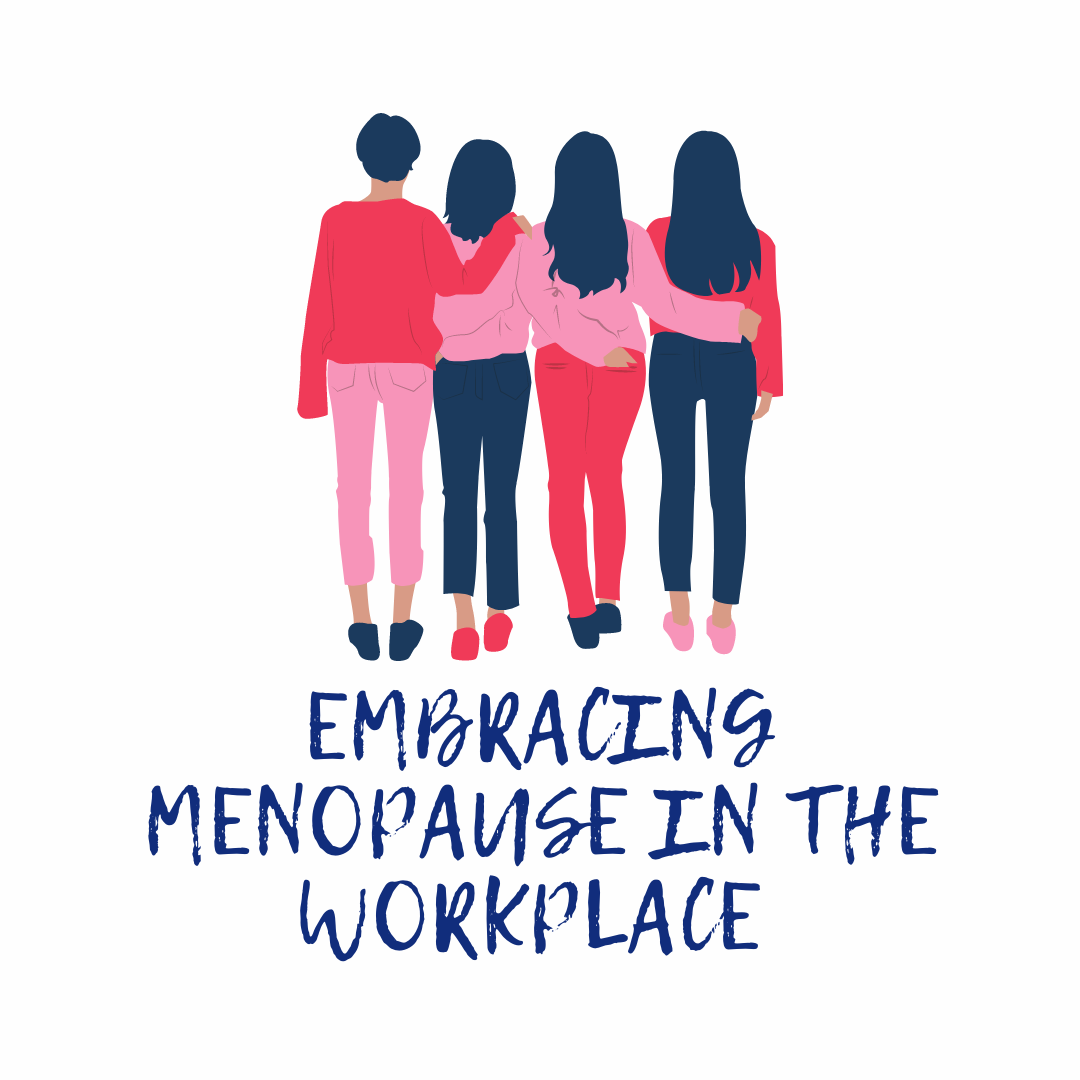|
March is Women's History Month, a time to celebrate the achievements and contributions of women throughout history. As we focus on fostering an inclusive workplace, it's crucial to address topics that impact the well-being of female employees. One such topic that often goes unspoken is menopause. In this blog, we'll explore the significance of discussing menopause openly in the workplace and how HR leaders can implement supportive measures and benefits. Menopause is a natural biological process marking the end of a woman's reproductive years. It usually occurs in their late 40s or early 50s, and its symptoms can vary widely. Common symptoms include hot flashes, mood swings, sleep disturbances, and more. Recognizing and understanding menopause is the first step toward creating a workplace that supports female employees during this transitional phase of life.
Menopause and menopause symptoms can also be experienced by transgender and nonbinary people. Transgender individuals using estrogen for hormone replacement therapy (HRT) can also experience similar symptoms of menopause due to their own estrogen level fluctuations. To foster inclusivity, it's essential to create an environment where open conversations about menopause are encouraged. HR leaders can initiate discussions through workshops, webinars, or informational sessions. Providing educational materials on menopause can also help dispel myths and reduce stigma, paving the way for a more understanding workplace culture. |
Archives
December 2024
|


 RSS Feed
RSS Feed